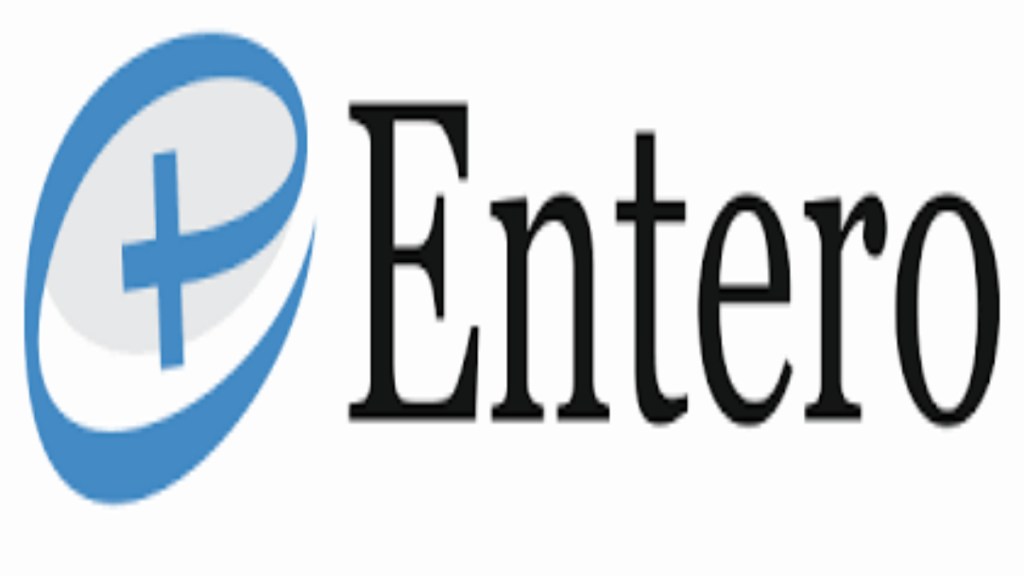Entero Healthcare Solutions debuted the bourses at Rs 1,228.70, a discount of 2.3% to the issue price. The company set the issue price band at Rs 1,195-1,258 per equity and raised a total of Rs 1,600 crore by offering 12.7 million shares.
The company’s shares were listed on both NSE and BSE. Entero opened the bidding for its IPO on February 09 and closed it on February 13. The retail investors had to bid for a minimum of 11 shares, which sums up to Rs 13,838.
The company offered 5.7 million shares to the anchor investors and raised around Rs 716 crore from them.
Entero is a distributor of healthcare products across India by using its tech platform it distributes the product to pharmacies, hospitals, and clinics.
On the financial front, the company posted net profit just once in the last four quarters, recording July to September as the last reported quarter. In the December ending quarter of FY24, the company reported a net profit of Rs 11.64 crore against a loss of Rs 11.10 crore in the previous quarter of the same financial year.
According to the company, the net proceeds raised from the issue will be used for funding long-term working capex, payment of borrowings, acquisitions, and other general purpose.
The underwhelming performance of the IPO fell short of pre-listing expectations and highlighted certain concerns surrounding the company’s financial health, said Shivani Nyati, Head of Wealth at Swastika Investmart.
As the company has reported losses in the last three years this has raised concerns about its financial sustainability and profitability. It also faces challenges with negative cash flows from all three major activities, impacting working capital requirements, she said.
“While Entero possesses certain strengths, its financial situation calls for a cautious approach, and this stock is best avoided by new investors. Even investors who got allotments through IPO are advised to exit their holdings,” Nyati said.
ICICI Securities, Dam Capital Advisors, Jefferies India, Jm Financial, and SBI Capital Markets were the book-running lead managers to the issue.


